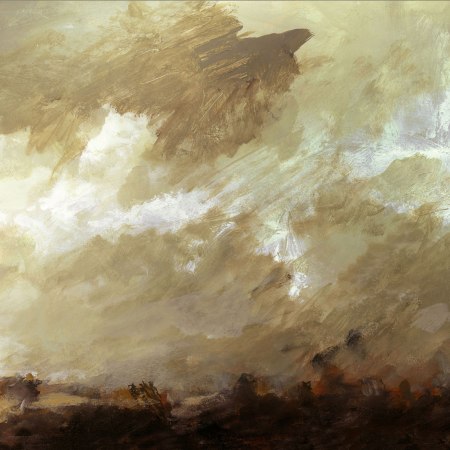Ok, first time doing one of these. I am somewhat uncomfortable with the idea of reviewing singular tracks because, well, most of the time how much is there really to say? Without the surrounding contextual environment of the album that the track fits within it feels like I cant fully appreciate the output of the track, but I love this way too much and am far too exciting for the impending album that I just had to write this one up.
3 years ago Lusine, a Minimal Techno and Ambient musician with a decade of experience in electronic, released a blinder of an album in A Certain Distance. It’s an important album for me because it had a huge impact on my musical listening habits and swayed me dramatically away from the more dance-orientated electronic I’d been listening to and led me towards the more ambient music I listen to today. Needless to say at the time of its release I was completely obsessed by it, and it remains to be one of my most played albums of all time. It was a drastic change in his own sound, with the same firm and characteristic Techno beats and glitches of his older works but moving with an almost pop-like grace, introducing vocoders and female vocalists into the mix.
Finally he’s decided to chase A Certain Distance up with a new album dropping in mid-February 2013 on Ghostly International, The Waiting Room, and if this precursor single is anything to go by, it looks like we’re in for a stunner once again. At once it seems to chase up the sounds lain down by ACD, with enigmatic and vocoder heavy vocals sitting firmly at the fore (ala “Twilight” for those familiar) and yet while the rich techno beats that make up the vast majority of the track sound so characteristically Lusine they feel almost more refined, almost more poppy than what we’ve seen before, with firm basslines, clipped synths, rolling glitch beats and various un-nameable oscillating, bouncy, jovial electronica tones that give this piece a euphoria.
I’ve listened to this a lot over the last few weeks and I’ve slowly been piecing together the lyrics, although much of it is still incomprehensible. This is true of the work he did in ACD as well and even now, 3 years after release, I’m still lost as to the meaning behind some of the tracks. Here’s what I’ve got so far:
The shadows are chasing the moon
I’m running away
Their chasing my ? with ?
To leave it behind
It’s only the light of the moon
I light up my hand
I run into tomorrow
To see you again
So once again the mystery is running full tilt with this release as before, and like before it’s clear that there are obvious messages and stories buried behind the defence shield of the introverted and shy Jeff McIlwain that is Lusine and his dense electronic creations. Honestly, if this is in any way representative of what the album has to offer as a whole, I think I may fall in love with Lusine’s work all over again.


You must be logged in to post a comment.